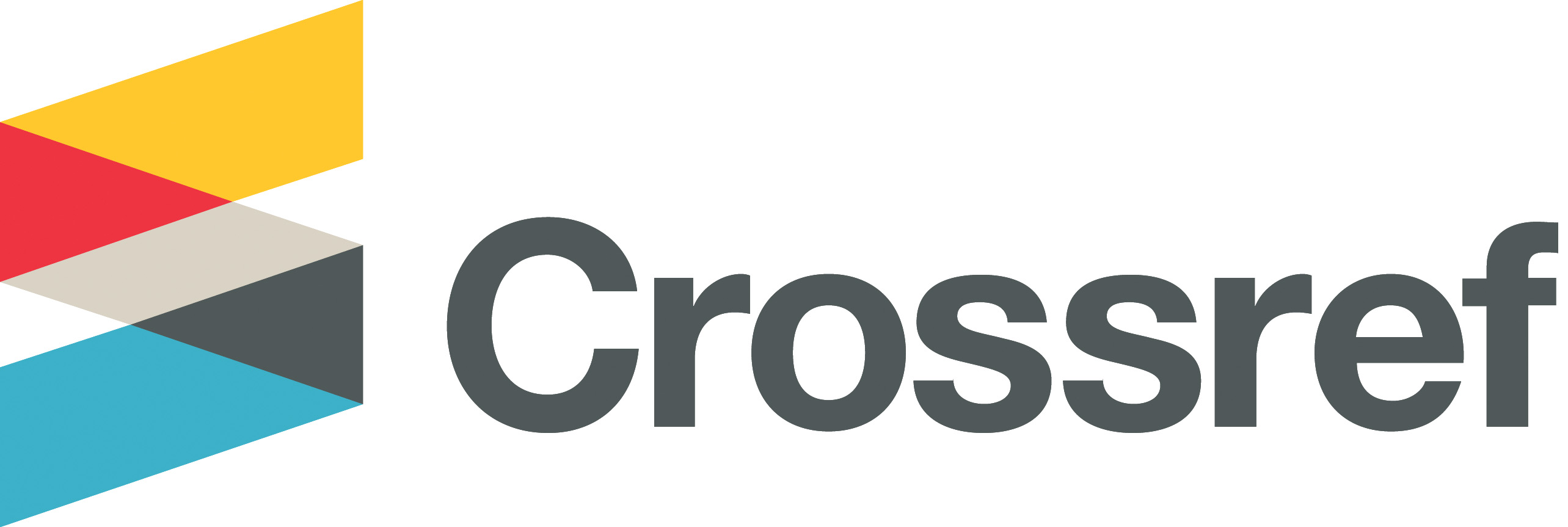Role of the Turkish media in forming the orientations of Turkish public opinion toward the attempted coup of 15 July 2016
DOI:
https://doi.org/10.33282/abaa.v13i52.766Keywords:
Turkish media -public opinion - elite -the coup of July 2016nAbstract
The present study aims to illuminate the assessment of the Turkish elite of the role of the Turkish media in forming the attitudes of public opinion vis a vis the attempted military coup of 15 July 2016. The authors utilized the survey method of a nominal sample of 315 individuals, equally distributed among the three foremost categories of the Turkish elite, namely: the political academic, and media elite. The foremost findings of the study are that the orientation of the coverage of the Turkish media of the events of the attempt military coup of 15 July, based on the perception and assessment of the Turkish elite, was positive to a high degree; it refuted the news and the inciting information given to foreign media revealed the bloodiness of the rebels who opened fire on innocent civilians, and adopted a media discourse supportive of the national will and the safeguarding of democracy. The Turkish media also urged Turkish political parties to adopt a united stand toward the coup, in a manner different from its positions toward the military coups that took place previously in Turkey. Moreover, it is the view of the elite that the Turkish media contributed to forming the attitudes of Turkish public opinion that are strongly opposed to the annulment of democracy. This helped abort the coup attempt, and this evidenced and proved the strong influence of the Turkish media on society.
Downloads
References
World of Books, Cairo.
- Agiza, Marwa Shebel (2012) Evaluation of the elite of the role of
modern electronic means of communication in shaping the attitudes
of public opinion towards the Egyptian revolution, Journal
of Middle East Media Issue 8, Georgia State University, United
States.
- AKINCI, B. (2017). 15 TEMMUZ DARBE GİRİŞİMİNDE KAMUOYUNUN
GÖSTERMİŞ OLDUĞU TAVIRSAL YAKLAŞIMIN PEKİŞMİŞ
DEMOKRASİ AÇISINDAN DEĞERLENDİRİLMESİ.
- Alkan, H. (2016). 15 Temmuz’u Anlamak: Parametreler ve Sonuçlar/
Understanding July 15: The Parameters and Results. Bilig, 79,
253.
- Ataman, M., & Shkurti, G. (2016). BATININ DARBE SİCİLİ VE 15TEMMUZ DARBE GİRİŞİMİNE TEPKİSİ. ADAM AKADEMİ Sosyal
Bilimler Dergisi, 6(2), 51-73.
- Atay, R.(2018). 27 Mayıs 1960 Darbesi’ne Sebilürreşad Dergisi’nin
Bakışı.
- Bal, U. (2018). Siyasal iletişimde meydanların rolü: 15 Temmuz 2016
darbe girişimi örneği ( Master›s thesis, İstanbul Ticaret Üniversitesi).
- BALCI, A., & Turan, Y. (2017). Eleştirinin Sefaleti: Batı’dan 15 Temmuz
Darbe Girişimini Okumak. Bilig, (83), 53-77.
- BİNGÖL, Y. & SAĞLAM, B.(2018) 15 TEMMUZ DARBE GİRİŞİMİ ve
KOCAELİ MEDYASININ TUTUMU , KARTEPE ZİRVESİ 2017 ULUSLARARASI
15 TEMMUZ VE DARBELER KÜRESEL ETKİLER,
MEDYA VE DEMOKRASİ SEMPOZYUMU TEBLİĞLER KİTABI.
- ÇÖZÜMLEMESİ, S. (2018). SİYASİ PARTİ GENEL BAŞKANLARININ
15 TEMMUZ DARBE GİRİŞİMİ SONRASI TWİTTER MESAJLARINA
YÖNELİK İÇERİK VE.
- Demir, S. T., & Çağlar, İ. (2017). FETÖ’nün ve 15 Temmuz darbe
girişiminin iletişim stratejisi. SETA.
- Develler, M. & Rockie, S. (1993) Media theories, Translated by Kamal
Abdel Raouf, International Publishing House, Cairo.
- Devran, Y., & Özcan, Ö. F. (2017). Habercilikte Hegemonya Mücadelesi:
Yurttaş Gazeteciliği: Fırsat mı Tehdit mi. Global Media
Journal TR Edition, 7(14), 150-173.
- Dündar, L. (2018). Yeni Medya Ve Siyasal Katılım: 15 Temmuz
Örneği. Gazi Akademik Bakış, 11(22), 101-115.
- Genç, F. N. (2017). TÜRKİYE’DE ASKERİ MÜDAHALELER VE KRİZ
YÖNETİMİ. Electronic Turkish Studies, 12(16).
- İNCE, M., & KOÇAK, M. C. (2017). BASIN (ULUSAL GAZETELER) 15
TEMMUZ›U NASIL GÖRDÜ?. Electronic Turkish Studies, 12(35).
- Kaya, S. Z. C. (2017). 15 Temmuz Hakkında Yazılmış Hikâyelerden
Güray Süngü’nün “Gece” sini Tahlil Denemesi. FSM İlmî Araştırmalar
İnsan ve Toplum Bilimleri Dergisi, (9), 267-280.
- Makkawi, H. & El Said, L. (2003) Communication and Contemporary
Theory, I4, Egyptian Lebanese House, Cairo.
- Maraşlı, M. C. (2018). 15 Temmuz filmlerinde milliyetçiliğin sunumu:“
Cumhurbaşkanlığı 15 Temmuz Belgeseli” örneği. International
Journal of Social Sciences and Education Research, 4(3),
514-529.
- MELEK, G., & Toker, H. (2017). ŞİDDET, DEMOKRASİ VE TERÖR
BAĞLAMINDA ANA AKIM MEDYANIN ANALİZİ: 15 TEMMUZ DARBE
GİRİŞİMİ. Erciyes Üniversitesi İletişim Fakültesi Akademik
Dergisi, 5(1), 222-234.
- Mencet, M. S. Üniversite (2017). Öğrencilerinin 15 Temmuz Algısında Medyanın Rolü: Bir Bilişsel Uyum (Suzluk) Örneği. Marmara
İletişim Dergisi, (28), 131-148.
- Mujahid, Jamal (2007) Public opinion and its measurement methods,
University Knowledge House, Cairo.
- NİSAN, F., & ŞEKER, N. T. (2017). Demokrasiyi sekteye uğratan darbe
haberlerinin çerçevelenmesi: 15 Temmuz 2016 darbe girişimi
örneği. TRT Akademi, 2(3), 68-96.
- Oğuz, Ş. (2016). Yeni Türkiye’nin Siyasal Rejimi. Yeni Türkiye’de
Kapitalizm, Devlet ve Sınıflar.
- Ölçekçi, H.(2018). 15 Temmuz Öncesi FETÖ Medyasında Psikolojik
Savaş Gazeteciliği. MANAS Sosyal Araştırmalar Dergisi, 7(1),
427-454.
- ÖLÇEKÇİ, H. (2017). VEKÂLET SAVAŞLARININ BİR ARACI OLARAK
MEDYA ve 15 TEMMUZ SÜRECİNDE FETÖ’NÜN MEDYA
FAALİYETLERİ.
- ÖZCAN, A. YENİ MEDYA ESKİ DARBEYE KARŞI: 15 TEMMUZ 2016
DARBE GİRİŞİMİNDE MEDYANIN ETKİSİ. 2. CİLT, 119.
- Sadiq, Adel (2007) Journalism and Crisis Management (Theoretical
Approach - Applied), 1, Dar Al Fajr Publishing and Distribution,
Cairo.
- SAF, H. H. (2017). Risk Toplumunda Toplumsal Denetim: WhatsApp
Darbesine FaceTime Önlemi. TRT Akademi, 2(3), 160-180.
- SEKRETERLİĞİ, C. G., METİN, E. Ç. V., & İŞLEMLERİ, K. T. V. B(
2016). (15). 15 TEMMUZ DARBE GİRİŞİMİ VE MİLLETİN ZAFERİ.
- TATLILIOĞLU, K. (2016) 15 TEMMUZ DARBE GİRİŞİMİNİN TÜRK
TOPLUMUNDAKİ Post-Travmtik Etkileri Üzerine GENEL BİR
DEĞERLENDİRME.
- YERDELEN, B. K. EMPERYALİZMİN “AÇIK HEDEF BELİRME”
PROJESİNİN ÜÇÜNCÜ DALGASI ve 15 TEMMUZ 2016 DARBE
KALKIŞMASI. 1. CİLT, 69
- Zaghib, Shaima Zulfikar. (2009) Methods of research and statistical
uses in media studies, the Lebanese Egyptian House, Cairo.
- Zughaib, Shaima Zulfikar (2009) Theories in shaping public opinion
trends, Egyptian Lebanese House, Cairo, 2nd Edition.
Downloads
Issue
Section
License
Authors retain copyright and grant the journal right of first publication with the work simultaneously licensed under a Creative Commons Attribution License (CC BY 4.0) that allows sharing the work with recognition of authorship and initial publication in ABBA journal.


















